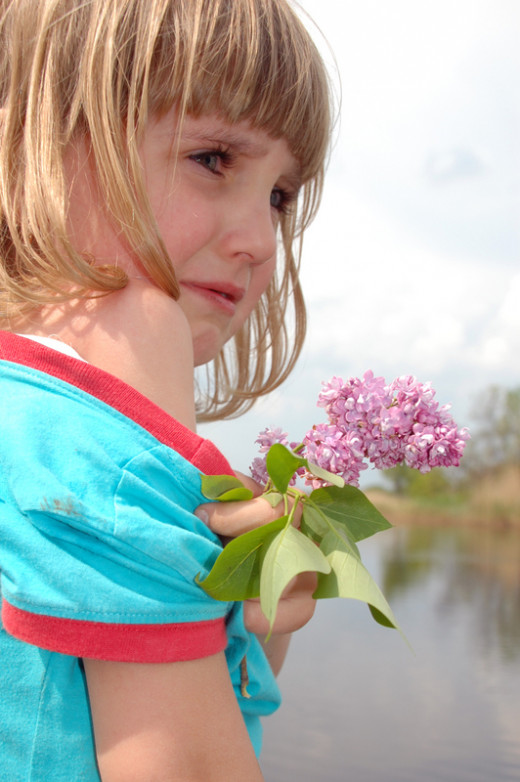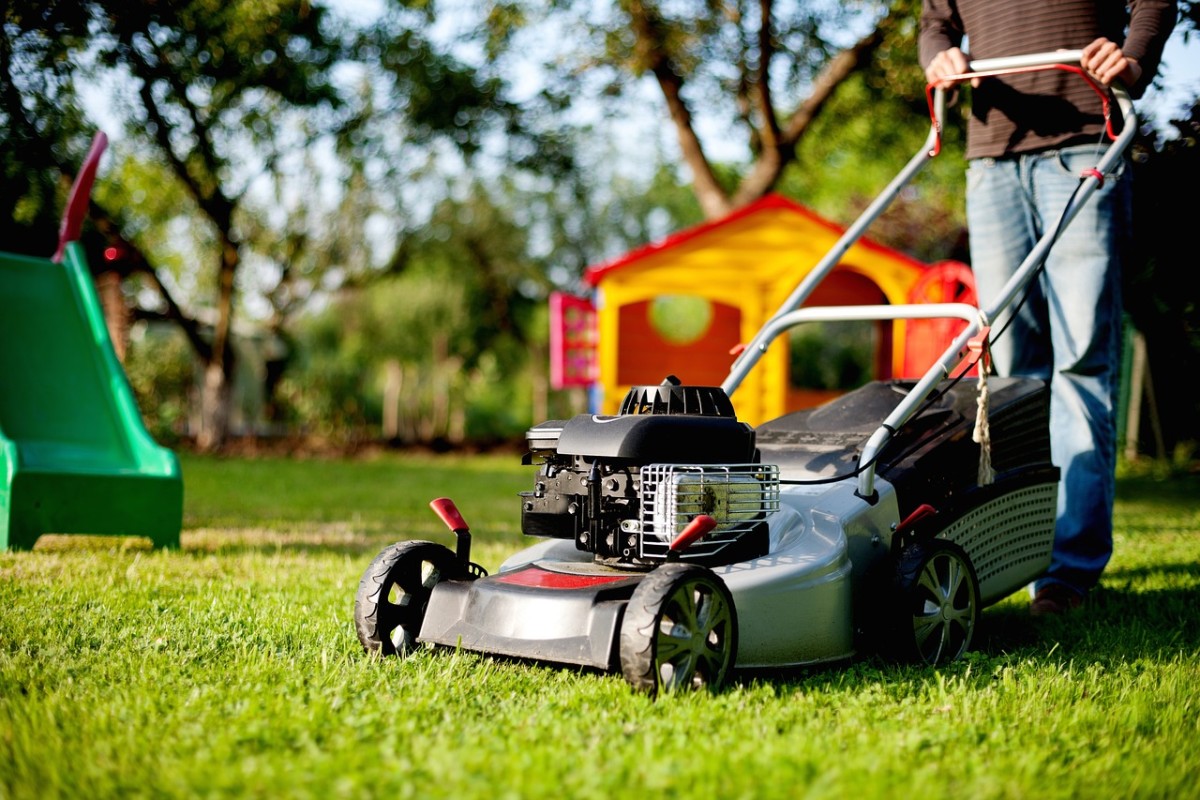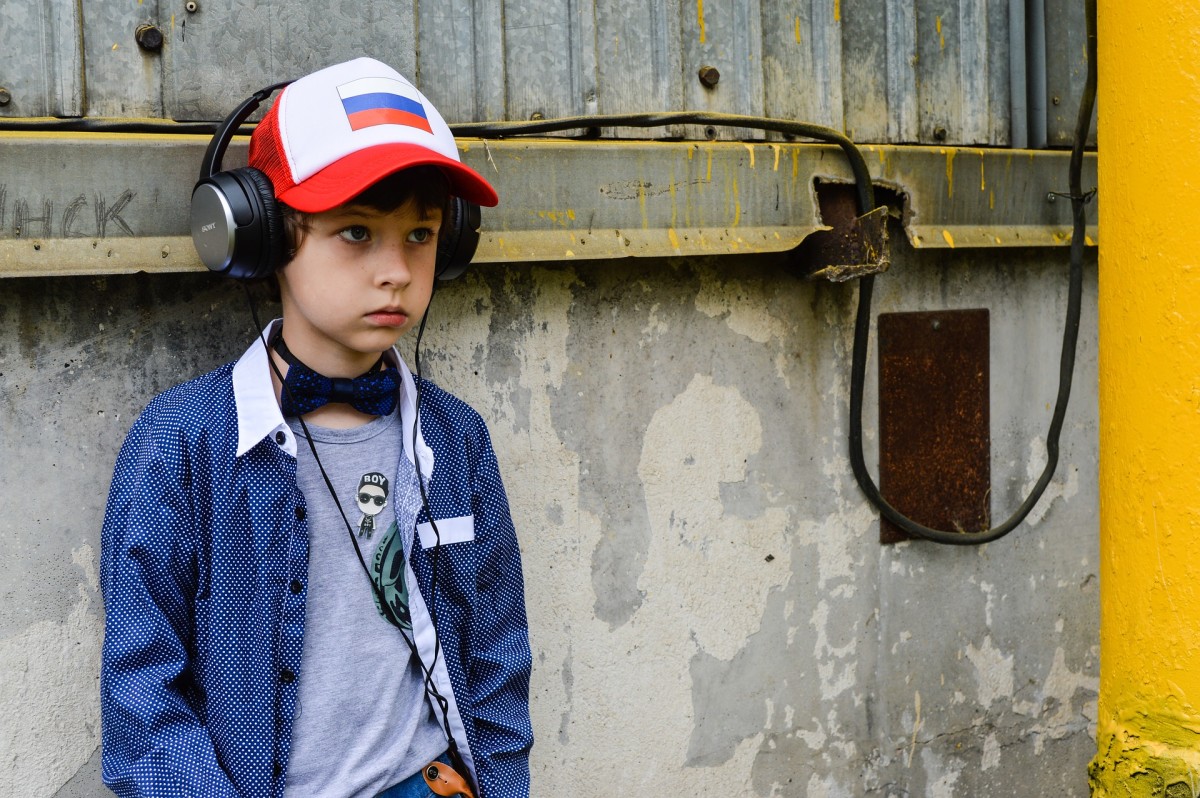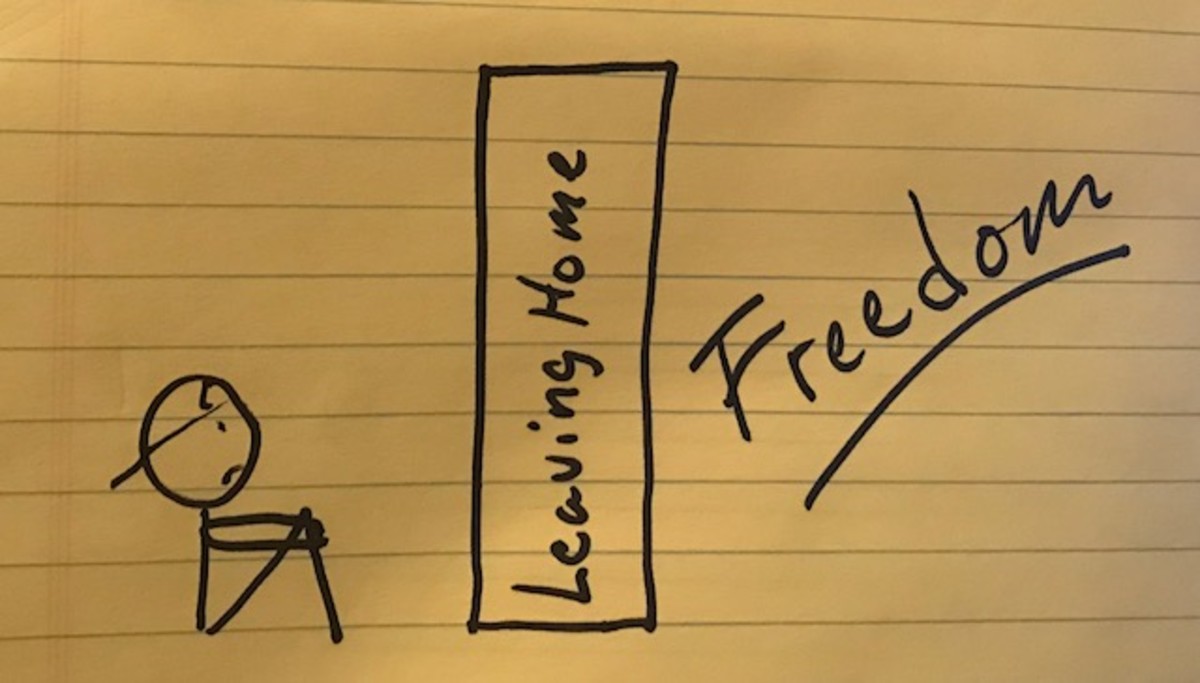Helping Children After a Disaster - How Parents Can Help Children Cope With Tragedy

Effects on Children
With social media, news coverage, and talk at school, children are exposed more than ever to events that occur around us. How affected a children is by disasters can depend on a number of factors:
Proximity to disaster. The more a child has ties to a disaster, the more affected that child is likely to be. Children with friends or family members involved in the disaster are likely to feel the impact of a disaster much strongly. Even physical proximity makes a difference in how strong the impact is felt.
Age. A child's age may affect how they understand and view the situation. Very young children often do not understand the permanence of loss. They may not understand what has happened. Older children and adolescents may be exposed more to discussions at school and among friends.
Previous experiences. Children who have experienced other disasters or loss in their life may be more affected.
How Parents Can Help
Parents are the greatest resource a child has in coping with a disaster. As a parent, it is good to know that there is much that can be done to help children be quite resilient in terrible situations.
Talk with your child. Discussions about tragedies can be difficult. Parents are often unsure how to respond and feel uncomfortable; however, speaking with your child about a tragedy is the most important thing you can do. Here are some tips to keep in mind:
- Do not force a conversation before your child is ready or willing to talk.
- Let your child take the lead, but be open and willing to talk when they're ready.
- Encourage your child to ask their questions.
- Don't be afraid to tell your child that you don't know something.
- Stick to the facts, don't speculate.
Reassure your child. Children often feel unsafe after a disaster. They wonder if something might happen again or if something could happen to them. Children may be afraid of being hurt or that their family members may be hurt. Reassure your child that they are safe. Let your child know what the family plan is should something happen. It may help to explain that there is a low likelihood of something happening to the child, even though disasters seem so prevalent on the news.
Encourage feelings. Let your child know that all feelings are okay. Encourage your child to share his or her feelings. Be sure to acknowledge and validate these feelings. Young children who may not be able to express how they feel can be encouraged to draw pictures.

Get involved/help others. Children often feel more in control and safe if they can take action. Brainstorm ways that you can help those involved in the disaster. Many communities will start donation drives or hold vigils for those affected. Children may make cards or letters for the emergency workers or those affected by the disaster. Some families have made quilts or gone through cupboards for food to donate. Even if you cannot directly help those affected, you can donate to your local Red Cross. Let your child be involved in thinking of what they can do.
Spend extra time with your child. Children may feel insecure and clingy during a disaster. Spending extra time with your child will help him or her work through emotions and feel safe. Make an effort to carve even 15 extra minutes a day to play a game, go out for ice cream, or read a book together.
Censor your child's access to the media. News coverage of disasters is not always appropriate for many children, particularly those with graphic images. Use your judgment to determine what a child is exposed to. Be sure that your child only watches the news with you, so that you are there as a parent to explain, answer questions, or turn off the news if it seems to mature for your child. Repeated exposure to a tragedy can exaggerate the event in a child's mind or make it more difficult for the child to cope. Limit the amount of time that is spent watching the news.
"When I was a boy and I would see scary things in the news, my mother would say to me, "Look for the helpers. You will always find people who are helping." To this day, especially in times of "disaster," I remember my mother's words and I am always comforted by realizing that there are still so many helpers – so many caring people in this world."
--Fred Rogers
Look for the good. Mr. Rogers related that his mother had him look for the "helpers" when they heard tragic news. Talk to your child about the emergency personnel and others who help in a situation. Share stories of individuals who reached out to others during the crisis. Children love to hear about "heroes" and there are so many during a disaster.
Know when to get additional help. It is normal for a child's behavior to change during a disaster. Children may appear anxious or clingy. They may become withdrawn or moody. These are all appropriate reactions that are typical for children. However, there are times when a child and parent may need additional help to get through a tragedy: children who have been affected directly or have lost someone in a disaster; children who experience behavior changes for much longer than expected; children who seem prefixed on a crisis long after it has passed. In these instances, it may be helpful to speak with your pediatrician, a psychologist, or even school personnel (many schools have a school psychologist on staff) for extra support.








